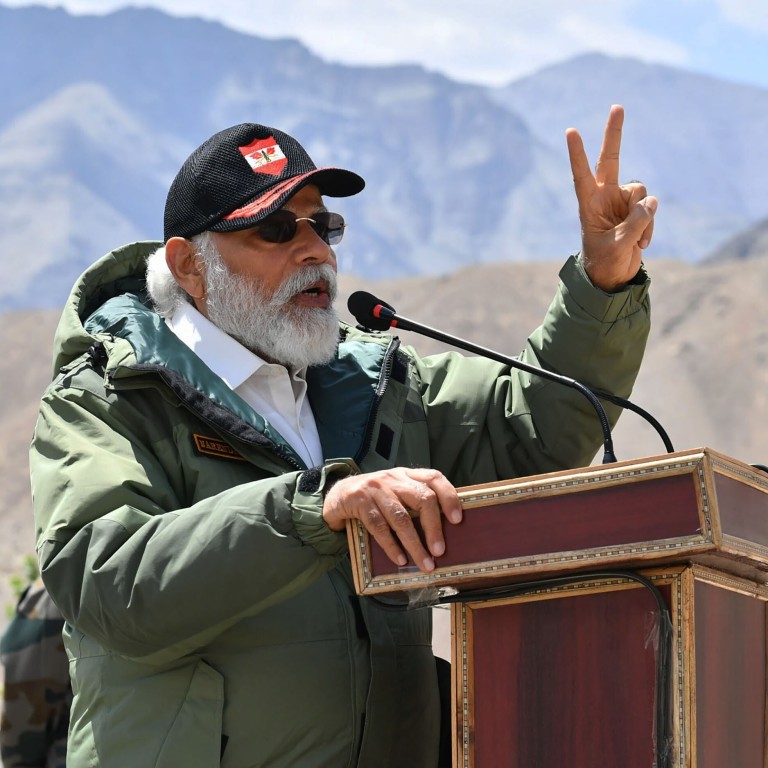
Explainer | China-India tensions: will New Delhi play the Taiwan and Tibet card in its face off with Beijing?
- First there was a deadly clash in the Himalayas, then New Delhi set its sights on TikTok. Are Taiwan and Tibet next on India’s agenda with China?
- Border dispute means New Delhi no longer needs to hold off on diplomatic relationship out of fear of upsetting Beijing, observers say
The policy, which asserts that both mainland China and Taiwan are parts of the same sovereign nation, is seen by Beijing as the bedrock of its diplomatic relationships and even the suggestion New Delhi may be rethinking its commitment would be a significant raising of the stakes between the two.
Analysts say it would be too much of a foreign policy aberration for India to change its position on the one-China policy. But New Delhi could subtly challenge it by stepping up ties with the Taiwanese leadership and the Tibetan community, they add.
BR Deepak, Professor of China and Chinese Studies at New Delhi’s Jawaharlal Nehru University (JNU) said: “I don’t think India will discard its One-China policy. However, India has made it categorical that it will not put it in joint declarations and statements as before.”
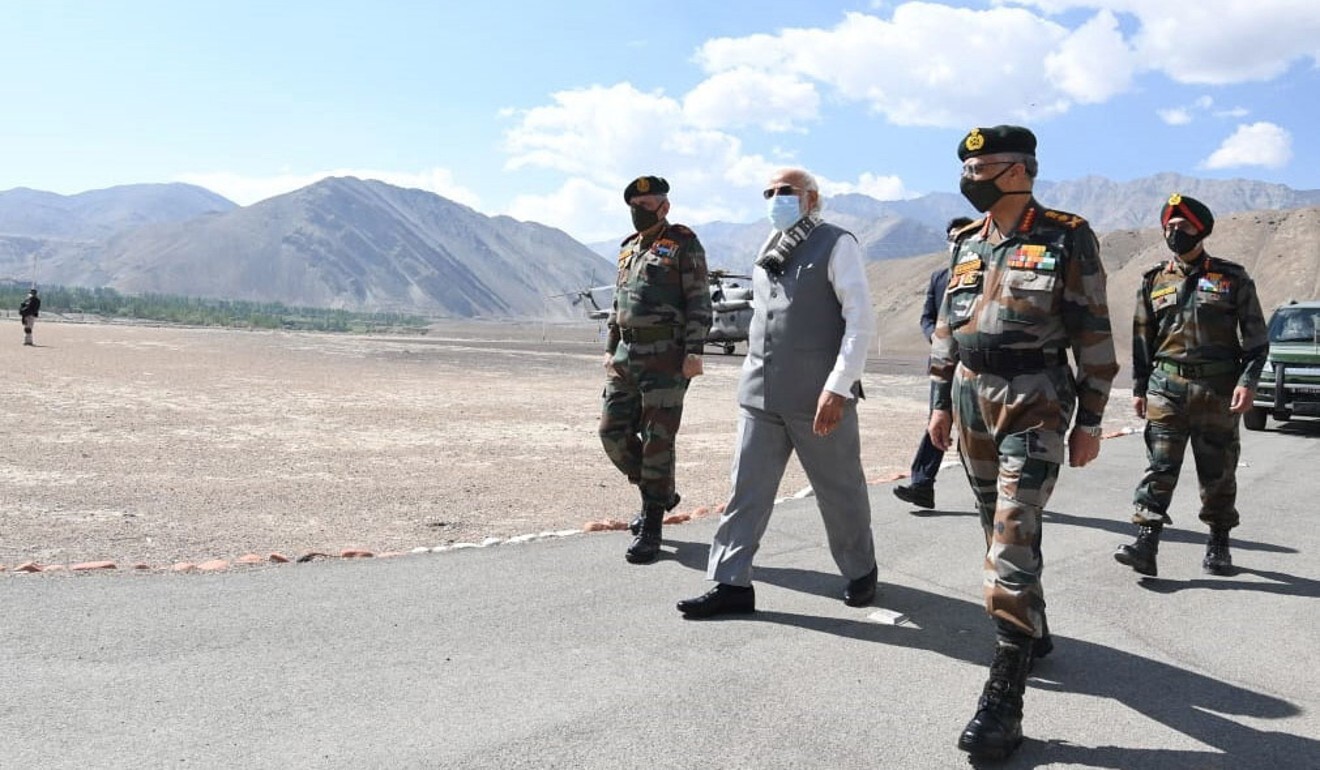
Lobsang Sangay, the president of the Tibetan government-in-exile which is headquartered in India, has of late been stepping up his appearances in the Indian media, slamming Chinese aggression in the Himalayas.
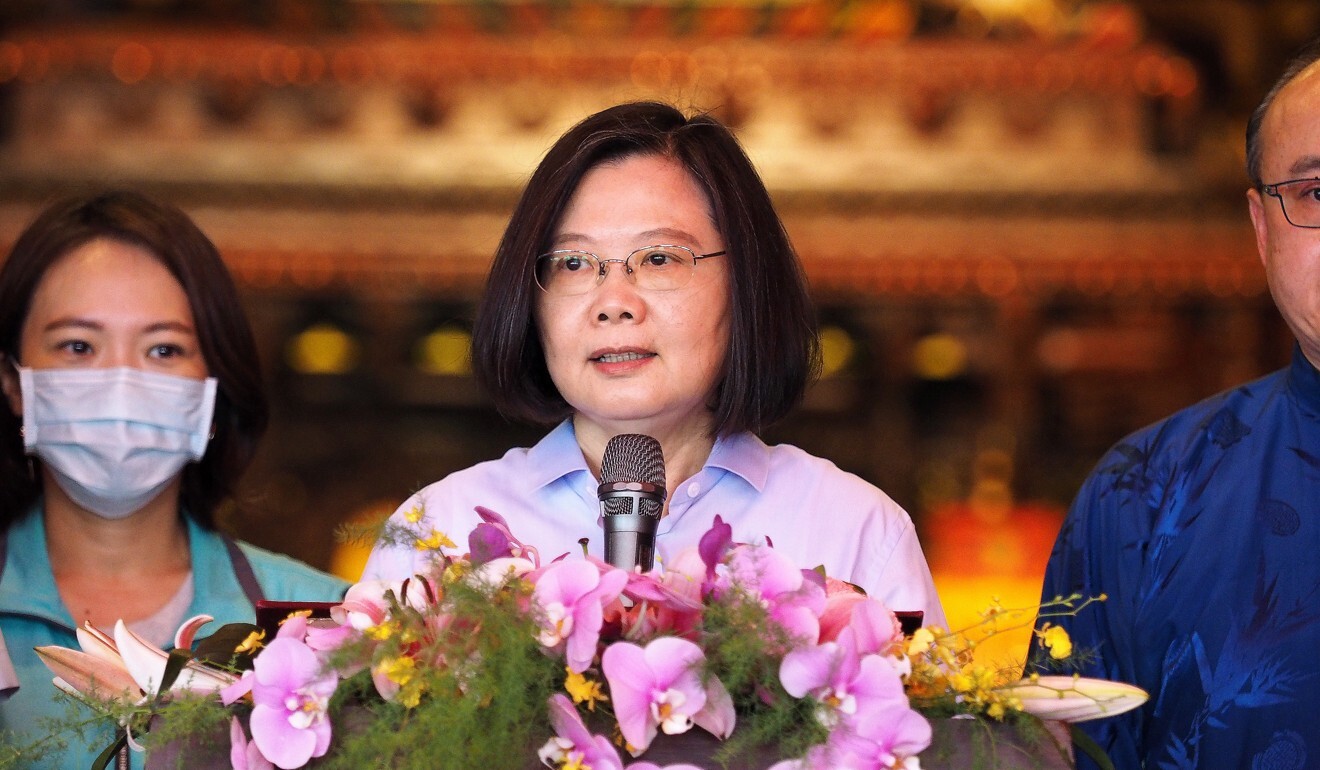
TRICKY CHOICES
New Delhi does not currently have official diplomatic relations with Taiwan. Instead it has established the India Taipei Association, headed by a diplomat, to coordinate ties with the island.
Under the one-China policy, Beijing requires other countries to acknowledge its claims to Taiwan and to refrain from recognising Taipei. This means countries can have diplomatic relations with either Beijing or Taipei, but not both, and over the years Beijing has been able to pick off more and more of Taipei’s allies. At present, just 15 mostly small states recognise Taiwan.
China-India border dispute: is Pakistan about to enter the fray?
India has in the past professed strong support for the one-China principle. In 2008 a joint statement issued at a meeting between India’s then prime minister Manmohan Singh and China’s premier Wen Jiabao noted India was “among the first” countries to recognise the principle and said it would continue to “oppose any activity that is against [the principle]”.
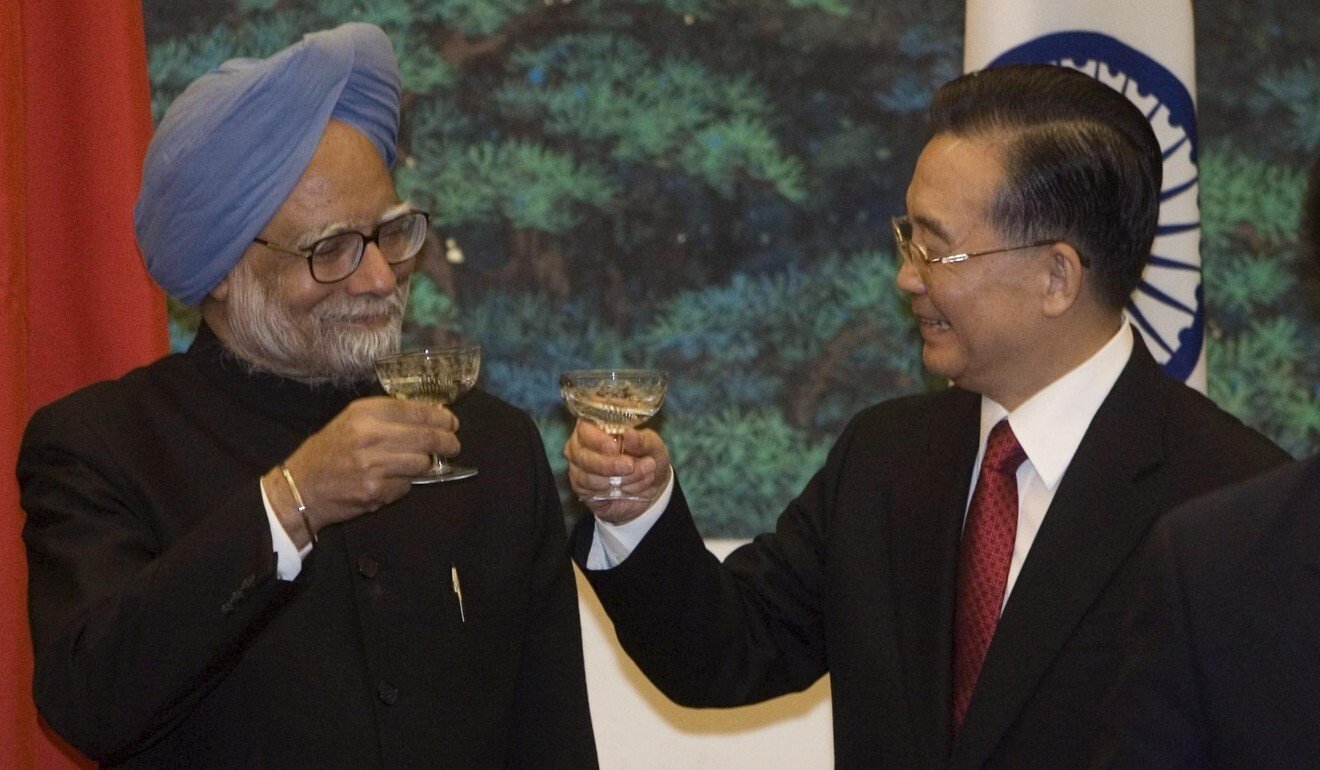
Under pressure from Beijing, in 2018 Air India renamed Taiwan as ‘Chinese Taipei’ on its website, an action described by a government spokesperson at the time as “entirely consistent” with India’s position on Taiwan.
Sana Hashmi, an Indian author and Taiwan scholar at Taiwan’s National Chengchi University, said India’s adherence to the one-China principle was a “major obstacle” to stronger India-Taiwan ties and because of this the relationship had been “underutilised”.
“India has been cautious in expanding economic ties and hesitant in exploring the political potential of the relations [because] friendship and cooperation with Taiwan mean perpetual animosity with China,” Hashmi said.
For similar reasons, support for the Tibetan cause within India has been muted, despite India being home to the largest community of refugee Tibetans in the world.
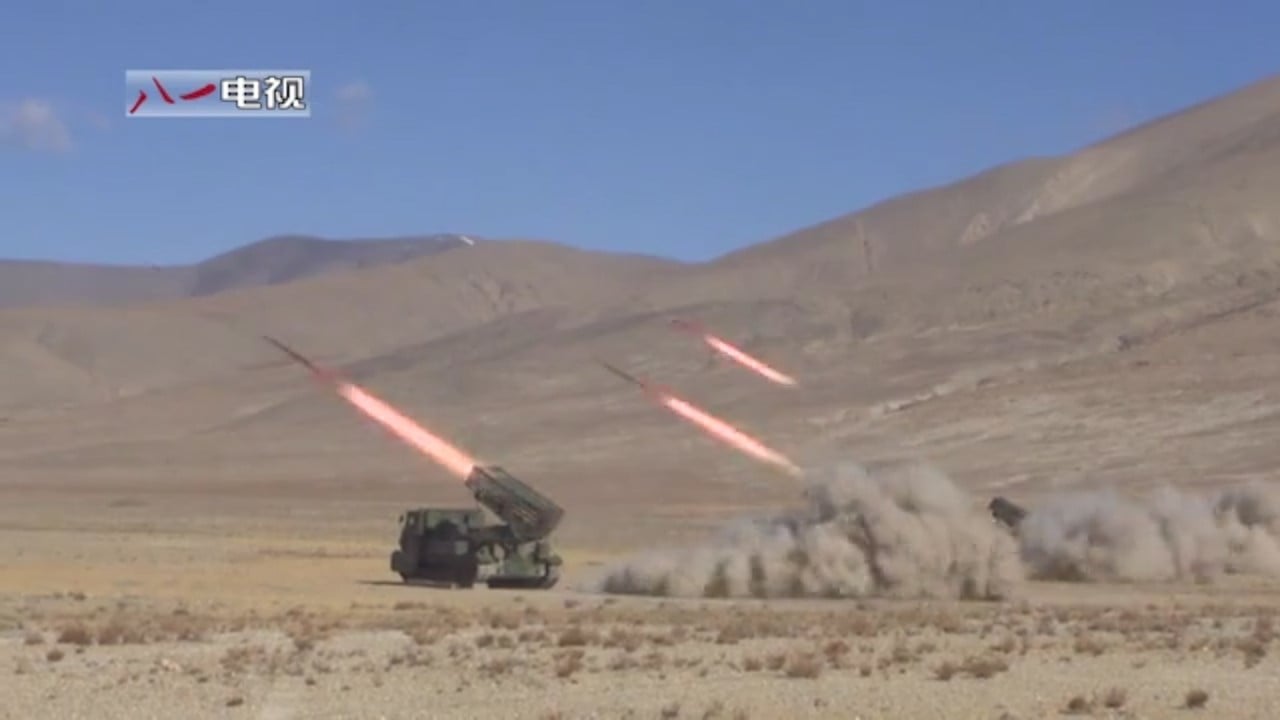
01:55
Chinese exercise in Tibet after border clash with India
The Tibetan government-in-exile’s plans for events in 2018 to commemorate 60 years of the community’s existence in India were undercut when the Modi government told all its officials to refrain from attending the events. The events had to be cancelled, causing major embarrassment to the Tibetan community and calling into question India’s backing for the cause.
Deepak of JNU said India’s attempts to make strategic use of the Tibetan diaspora had until now been “shrouded in ambiguity”, but the Galwan Valley incident would change this.
THE TIBETAN ISSUE
Still, Deepak said it was unlikely that India would back the idea of a free or autonomous Tibet just yet.
He said instead that Indian politicians might meet the Dalai Lama more often, or the representatives of the Tibetan government-in-exile would be given more space in the Indian media “as has been witnessed recently”.
In some quarters, there have been growing calls to confer upon the Dalai Lama the ‘Bharat Ratna’, the country’s highest civilian award.
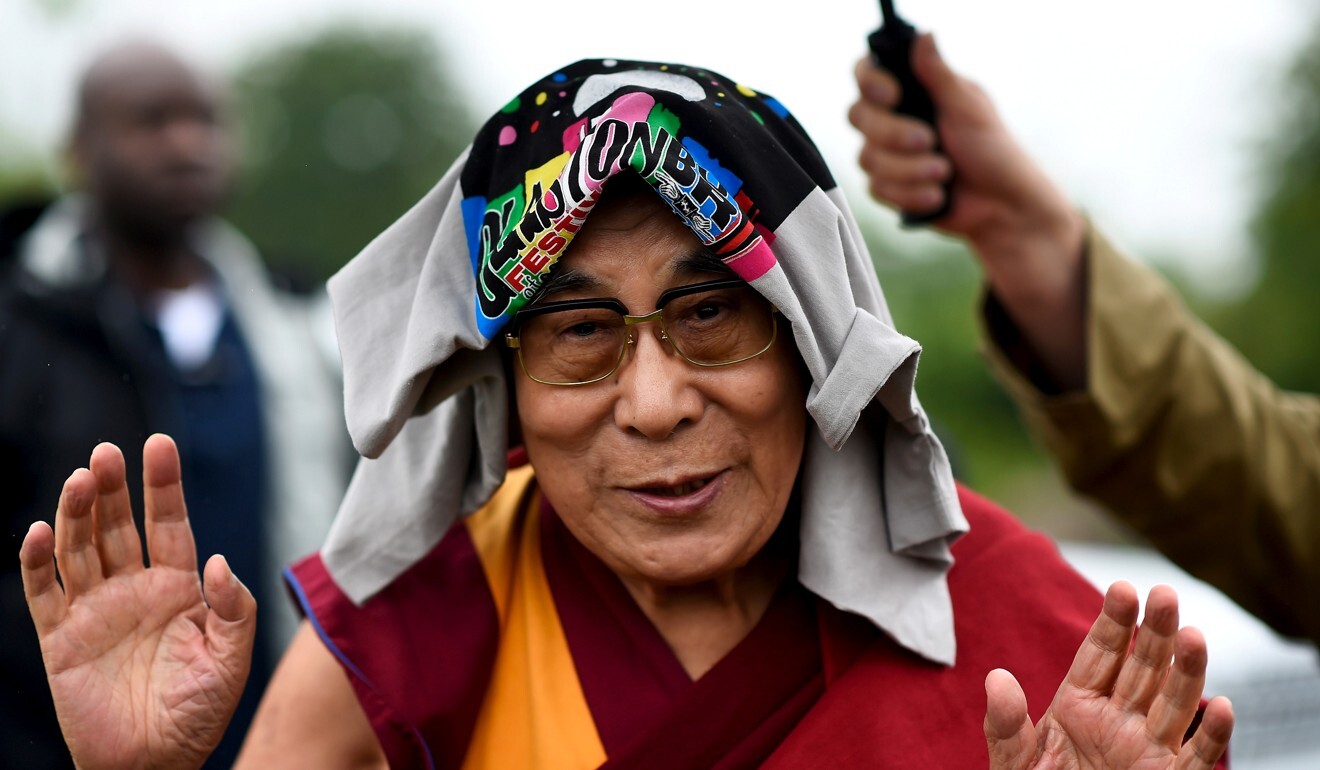
Gonpo Dhondup, the president of the Tibetan Youth Congress, the largest non-governmental organisation in the Tibetan refugee community, said India needed “to understand that the border situation with China will never be resolved unless Tibet gets justice”.
“An independent Tibet will be the only lasting security for India,” said Dhondup.
He said India should raise the Tibetan issue with China in high-level talks and that it could start “by referring to the border as the India-Tibet border. In reality, China and India share no border.”
He said the congress was planning to petition Indian parliamentarians to adopt stronger measures against China.

03:08
India bans dozens of Chinese apps, including TikTok and WeChat, after deadly border clash
ECONOMIC CONSIDERATIONS
Weighing on India’s mind in any confrontation with China will be the strong trade links between the two countries. Beijing is New Delhi’s biggest source of imports. According to Bloomberg, India’s purchases from China were just under US$70 billion in 2019 while the bilateral trade deficit of about US$50 billion was far higher than with any other of India’s trading partners.
Can India afford an economic battle with China?
Deepak said economic cooperation was likely to be a focal point in India-Taiwan ties from now on.
“We will witness a multifaceted dialogue with Taiwan in the fields of people-to-people exchanges,” he said. “These will include educational exchange, building capacities in teaching and research of the Chinese language, exchange of parliamentarians and trade and investment, which has seen exponential growth in recent times.”
The Taiwanese phone manufacturer Foxconn, which makes Apple and Xiaomi phones, has promised to invest US$5 million in setting up a plant in the western Indian state of Maharashtra. It has also recently hinted at plans to expand its investment in India.

For all this to happen, Hashmi said India needed to shed its approach of looking at Taiwan only as a strategic “card” to be played with Beijing.
“If Taiwan is used as a card, then the utility of Taiwan will only be unidimensional and once the relations with China are normalised, Taiwan will be neglected again,” she said.
Asked how Beijing might respond to India’s efforts to step up ties with Taiwan and the Tibetan diaspora, Deepak said China might intensify “incursions” along the border and “overtly support insurgencies in India’s northeast, which India believes China has so far been doing covertly”.
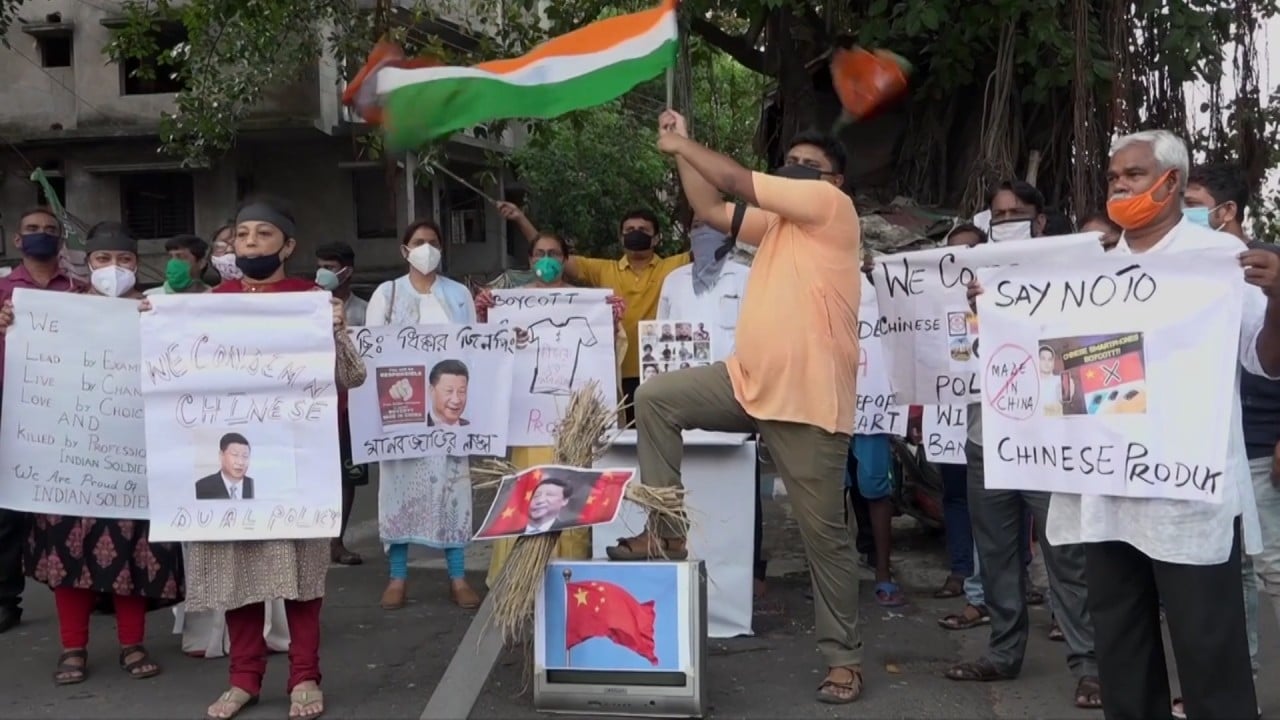
01:58
Indians call for boycott of Chinese goods after deadly border clash with China
China’s claims on Ladakh and Jammu and Kashmir as part of the ongoing border dispute already showed that “China does not adhere to the one-India policy”, he added.
An official in India’s Ministry of External Affairs, who requested anonymity as he was not authorised to speak publicly on the matter, said the Galwan Valley clash was a turning point for the foreign policy establishment. It signalled that New Delhi no longer needed to “hold back” on its diplomatic engagements out of fear of upsetting Beijing.
“Until then, India had never expected the Chinese side would endanger peace along the [border]. But now that it has, India has to brace for worse.”

